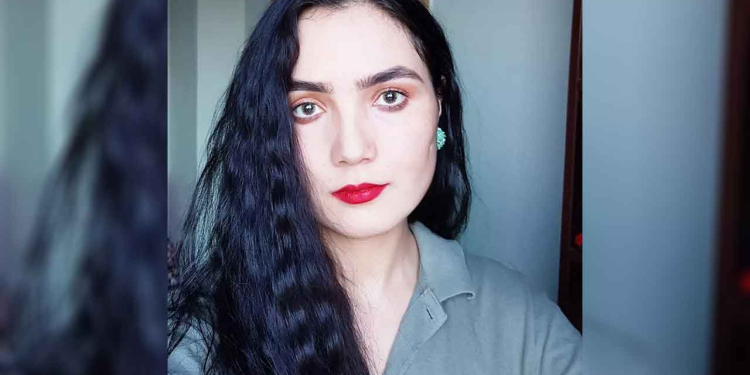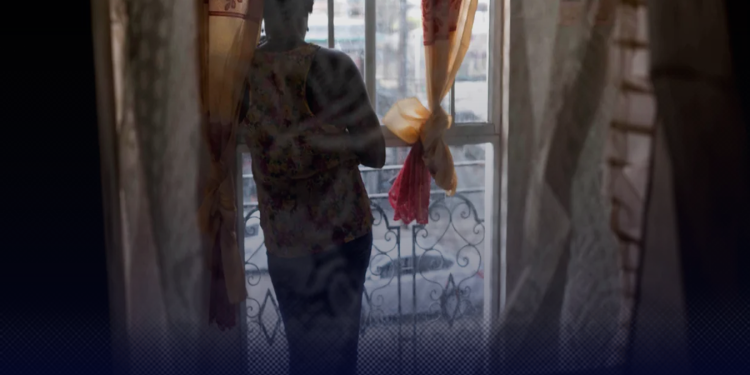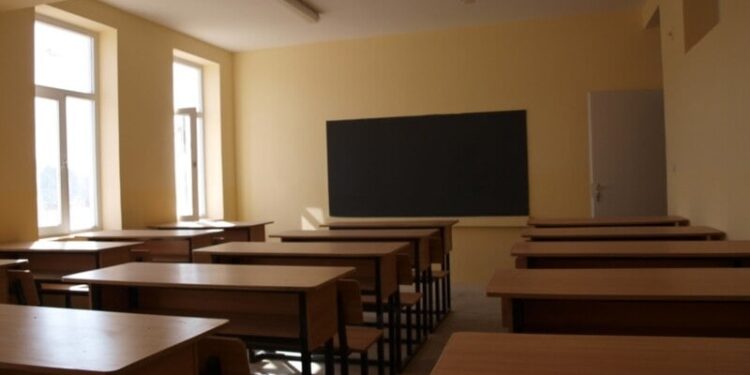By: Farahnaz Frough
Every event is a memory; every memory is a gash—a wound that remains, even if its coloring changes, still painful. Like the wound that the collapse of my country left on the body of my soul. That day, that moment when I didn’t know what to do or where to go—or why to go—I will never forget… even on my deathbed. Something inside me died; things that will never come back to life. Everything happened in relative tranquillity; yet some people knew the cue of the catastrophe. The morning of August 15 began like other days: the sun rose, clouds appeared, sparrows got lost among the branches of the trees. Some people went to their works; others remained confined within the walls of their homes.
I wanted to go to the office, but my elder sister made an excuse, saying: “Don’t go today. I feel heavy-hearted. I want us to go to the city.” She was an employee of the Ministry of Interior Affairs; as if she had understood something but didn’t want to reveal it to me. Yet she was worried. She was afraid. She tried to hide her fears, but she couldn’t; fear was visible in her eyes.
With the fall of the first province, my anxiety grew; but I did not lose my bearings. Every day I went to the office. With all my passion, I attended to my work. I loved my job; I loved journalism. I tried to write about the suffering, to read, to record the pains. At times I would turn away from what dominated the headlines. I tried to adopt indifference; as if to forget what had happened. In a way, I consoled myself with fabricated lies—just so I could feel fine and my morale would not weaken. Some of my colleagues had become deeply worried; others were speaking of standing firm and resisting.
I worked at Zan TV (Women’s TV) as a journalist; a place where women were the voice and the cry for one another, where they understood the pain of their own kind better and more deeply; women who were symbols of refusal, who considered domestic confinement to be a living death. To play a role in the society, each of them had paid a heavy price.
Sometimes I read the news, sometimes I wrote reports, and at other times, in the form of documentaries, I reflected the living conditions of women. I sat down to listen to stories that made my eyes weep blood and burned my heart. A heavy sorrow welled up inside me and shook my endurance. Once, I went to visit women who were living in “safe houses.” I touched their wounded souls closely; I listened to their words. Each one carried her own special grief. When they spoke of the bitter events of their lives, it was evident in the pose of their tone that they had been victimized; but they had escaped the blade of traditions.
The underlying theme of most of these stories was love and domestic violence—ranging from forced marriage to rape, deception, love, and becoming the second wife of man. It was there that I realized even loving in this land comes with a price. If a woman entrusts her heart to a man, she must let go of many things—even accept her own death with a smile—so that the family’s honor is not stained. So that brothers can walk proudly in the streets and bazars, with their pride and honor unscathed. And thus, love was trapped in the snare of family dignity and honor.
When emigrated, I turned these stories into a book titled “Hell of a Planet” and published it to make the suffering of the women of my country everlasting—lest one day it be forgotten and erased from the memory of history. We are responsible for the pain and sorrow of others. We must not remain silent in the face of others’ wounds; for silence is complicity with the criminal. In fact, it is standing on the side of the oppressor.
I can never sit in silence before another’s sorrow. I see myself as sharing in the grief of others. In another human being’s pain, I find identity, and I feel peace—when I am able to fulfill my human mission.
At last, Kabul was handed over. I could never place the word “fall” beside Kabul to say: “Kabul fell.” A nation cannot collapse so easily. Overnight, everything was overthrown. Murderers and bloodthirsty men rejoiced in the streets, dancing and celebrating. They buried two decades of dreams in the soil. They trampled upon every value. This was not a fall—it was a plan that had been drawn up beforehand. No commander gave the order to fight, no soldier had the right to fire. And yet, everyone was ready to defend.
Because of my sister, I did not go to office. I stayed by her side so that her heavy-heartedness would fade. It was 8:30 in the morning. She said: “Get up, let’s go to the city and buy a few things.” I said nothing. I didn’t want to counter her words. I simply agreed. I changed my clothes, and we set out for the city. A few minutes past nine o’clock, we were in front of Mubarak Center when a child working there, in fear and panic, said to us: “Auntie! Auntie! Go home—the Taliban have reached on the Kot-e-Sangi bridge…”
Fear and terror seeped into our very bones. Anxiety gripped us both. I was trembling, and my sister was worried because of the clothes she was wearing. Suddenly, we saw people fleeing. Everyone was running in every direction. The city was writhing in horror. Fear had already taken over, and escape itself was considered an achievement. I looked hard for a taxi but could not find one. On foot, we made it near the Sixth District Police headquarters. There, I witnessed a sorrowful scene I will never forget: a police officer stripped off his uniform, threw it away, and, putting on a Perahan o tunban (the traditional Afghan male dress), began to run.
When I arrived home, I was deeply hopeless. I felt like someone lost in their own city. At that moment, I received multiple calls from my colleagues, urging me to head to the airport. With unprecedented haste, I left home and headed for the airport. When I boarded the military plane, I saw all my colleagues, their faces heavy with sorrow. Some of them had hijab, and others wore masks and I could not recognize their faces.
At that moment my mother called; when I heard her voice, she had taken ill. She was crying, kept saying, “My daughter, please take care of yourself!” My mother’s sobs made me feel even worse—so much so that I could not keep my balance. Everything in my inner world had collapsed. Everyone was anxious and agitated on the plane. Eventually, the plane landed. I spent some time in Qatar before going to Ireland. Now I live in Ireland and, with my only daughter, I try to put the grief of exile behind me. Although the pain of exile has no cure except the soil of one’s homeland! For one still has meaning even in the ruins of their own homeland.






